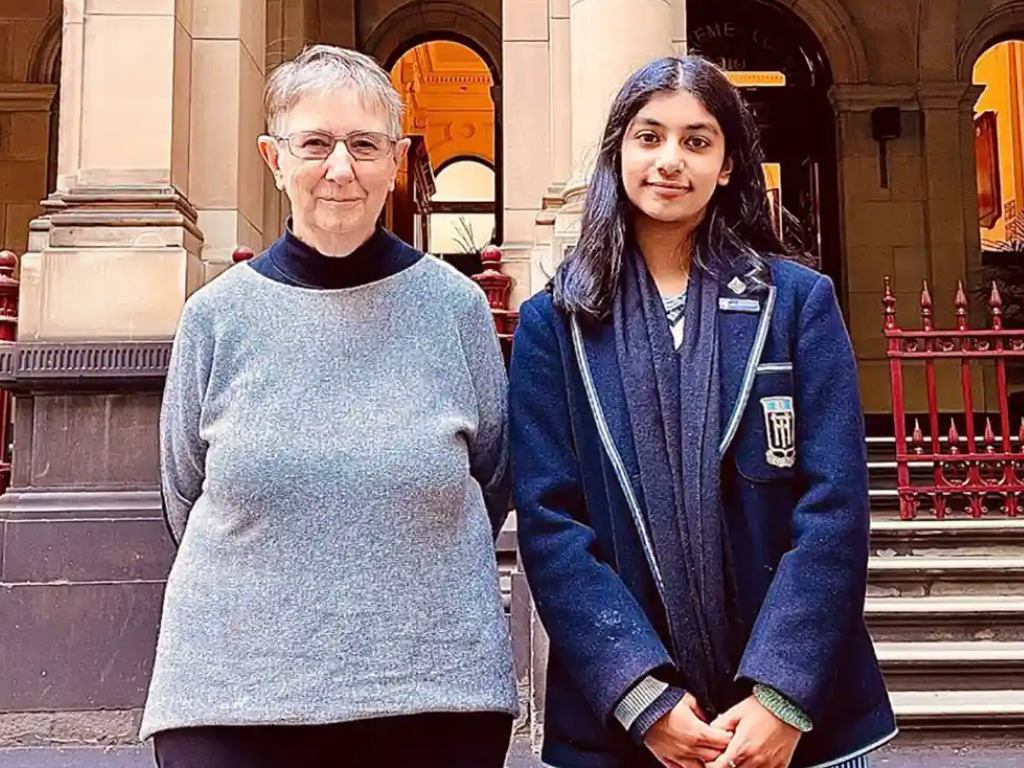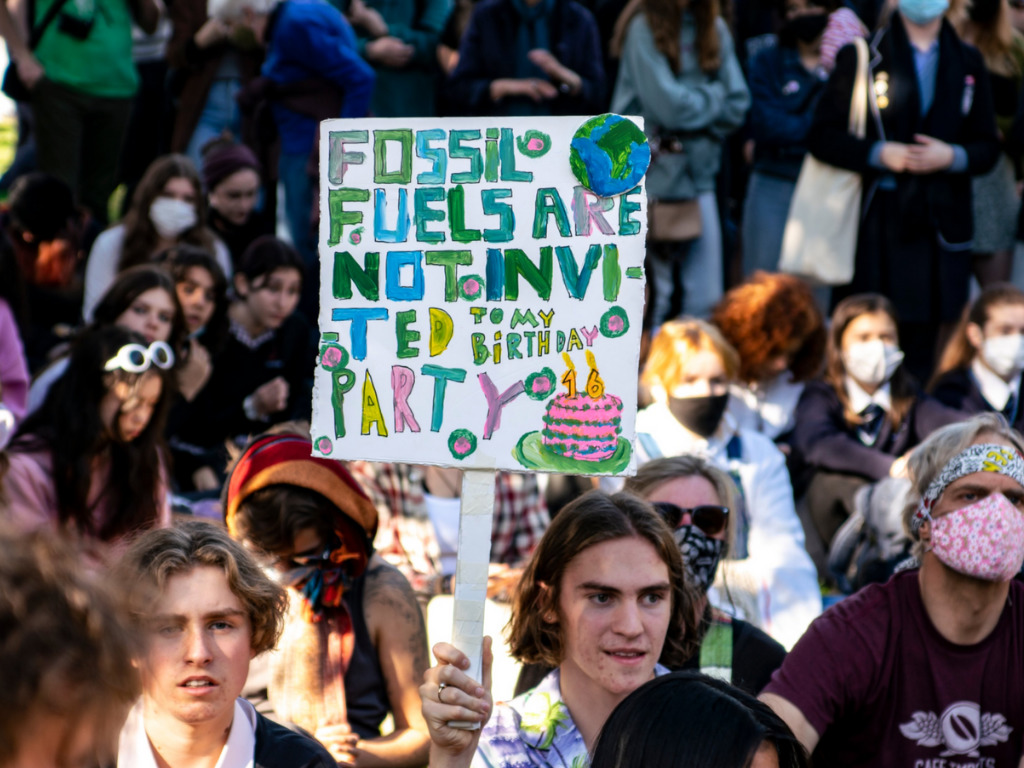5 Mins Read
In a historic court ruling, the Federal Court of Australia found that the Commonwealth Minister for the Environment has a duty of care towards children when it comes to approving projects that release carbon emissions, for instance, a coal project.
Vickery Extension Project
Whitehaven Coal, an ASX-listed Australian coal miner proposed an AUD$700 million (approx. US$52M) proposal called the Vickery Extension Project. This project aims to build an open-cut coal mine along with an on-site infrastructure near Gunnedah in New South Wales.
If this project receives a green signal, an estimated 33 million tonnes of coal will be extracted over a period of 25 years. This will release around 100 million tonnes of carbon dioxide into the earth’s atmosphere.
This could have a drastic impact on endangered species and water bodies. Hence, it needs approval under the Environment Protection and Biodiversity Conservation Act (EPBC).
Court intervention
In 2020, eight Australian children submitted proceedings regarding this project on their own behalf, as well as representing all the young children under the age of 18 that live in Australia. Spearheaded by 16-year-old Melbourne student Anjali Sharma, in the Sharma v Minister for the Environment case, the court appointed an 86-year-old nun, Sister Marie Brigid Arthur, as the litigation representative on behalf of the children.
The children stated that Environment Minister Sussan Ley has a duty towards all Australian children to pass projects responsibly under the EPBC Act. She should take into account the physical and mental effects that a project of this scale would have not just on the children, but on the planet as well. Making their point stronger, the children asked for declaratory relief ensuring that the Minister doesn’t fail in her duty of care.
Experts were called in to show how increased CO2 emissions will affect the Earth’s average surface temperature. This would in turn impact the children either physically, economically, or mentally, for instance, exposure to effects of the climate crisis like bushfires, coastal flooding, and other extreme weather events. The evidence highlighted that the 100 million tonnes of CO2 proposed by the mine project will result in the mentioned consequences.
However, Levy said that the 100 Mt of CO2 will be burnt keeping in mind the fossil fuel budget listed in the Paris Agreement.

Historic judgement
After Justice Bromberg analyzed the evidence presented to the Federal Court, he immediately rejected Levy’s claims given that there is no evidence to support it.
He found that the burning of coal in this project will result in a “tiny but measurable increase to global average surface temperatures”. He stated that this could lead to increased global temperatures beyond 2°C, having significant climate impacts.
As a result, he called on the Minister to act wisely and think of how the project will expose children to health and mental risks, in some extreme cases leading to death. “By reference to contemporary social conditions and community standards, a reasonable Minister for the Environment ought to have the Children in contemplation when facilitating the emission of 100 Mt of CO2 into the Earth’s atmosphere”.
He stated the Minister has a duty to care when approving any project under the EPBC Act so as to not cause harm to children.
By reference to contemporary social conditions and community standards, a reasonable Minister for the Environment ought to have the Children in contemplation when facilitating the emission of 100 Mt of CO2 into the Earth’s atmosphere
Justice Bromberg
According to the Guardian, David Barnden a lawyer representing the children said: “The court has found that the minister owes a duty of care to younger children, to vulnerable people, and that duty says that the minister must not act in a way that causes harm – future harm – from climate change to younger people. It is the first time in the world that such a duty of care has been recognized, especially in a common-law country.”
Despite this judgment, the court did not grant an injunction as it would hinder the Minister’s ability to have an effective response in place to the duty of care. If the Minister proposes to approve the project, the terms under which she made that decision could be analyzed in the future.
What does this mean for Australia?
Whitehaven Coal embraced the court’s decision to reject the attempt to stop Levy from approving the project.
If this single decision by the judge remains the law, it will have consequences for businesses in the country. Any government ministers or bodies will think twice before approving emissions-intensive projects as they will be more mindful of their duty of care to Australian children
In the future, people could point out that existing carbon-intensive projects also have a duty of care. These kinds of cases are classified as “climate change class actions,” and are filed on a regular basis in the U.S.
Worldwide climate court rulings
Elsewhere, in another landmark ruling, oil and gas behemoth Royal Dutch Shell (RDS) was directed to slash its emissions by 45% by 2030. The case was filed by the Netherlands’ branch of the Environmental organization Friends of the Earth. They were supported by six environmental and human rights organizations along with 17,000 Dutch citizens.
In Australia, a law student sued the government for not providing enough information to investors regarding the risks of climate change. Students from the Nanyang Technological University in Singapore formed a group calling on the university to stop investing in fossil fuels.
Germany proposed a net-zero target by 2045 after a court stated that the existing plan, which had the year 2050 as the target, was heavily burdening the young people who have to deal with the climate crisis.
Lead image courtesy of School Strike 4 Climate Australia.



